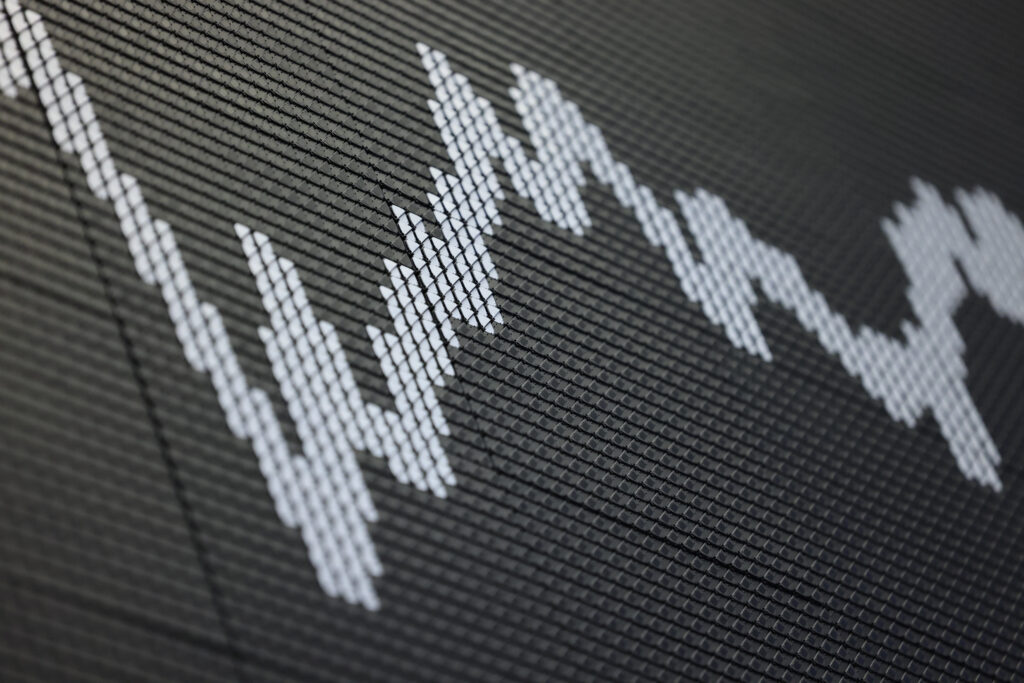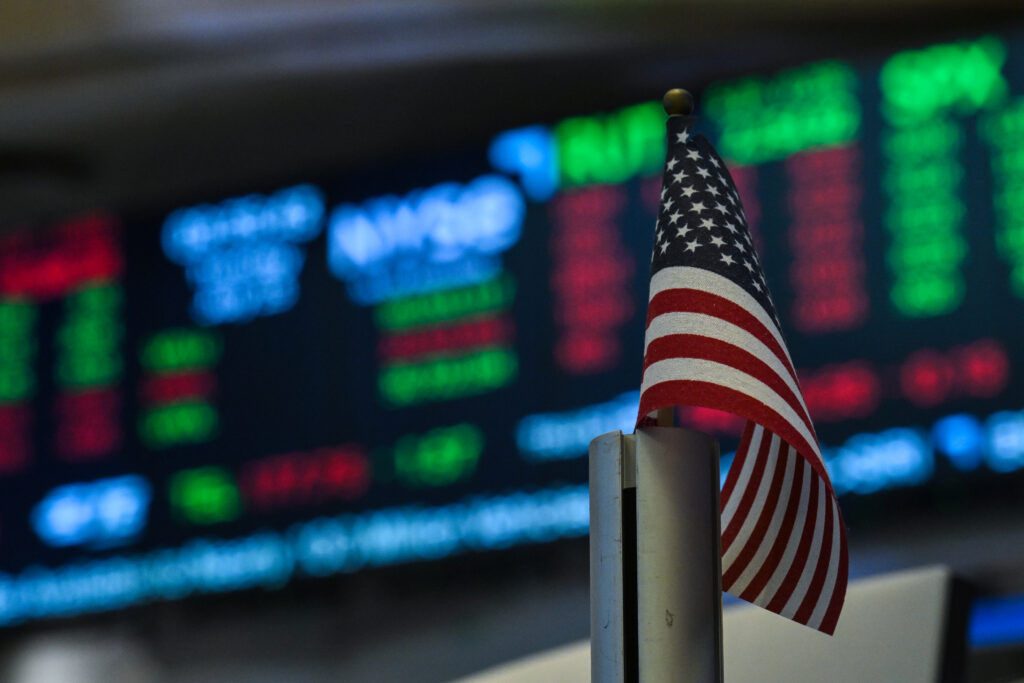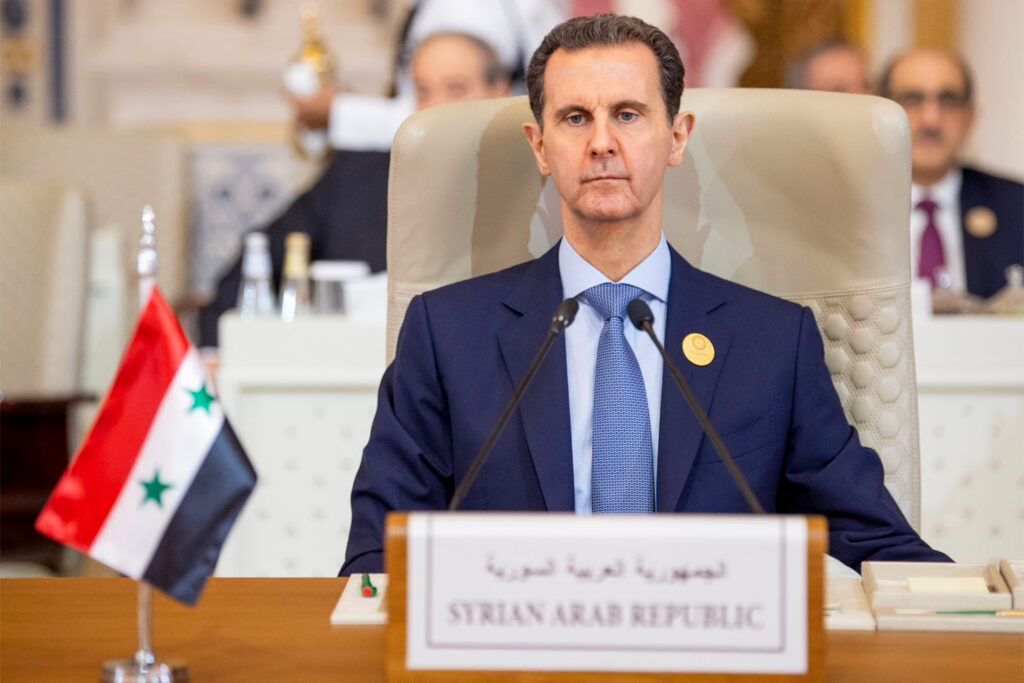La Bourse de New York évolue sans grand élan vendredi, accueillant une nouvelle volée de résultats et restant dans l’expectative d’un accord commercial entre l’Union européenne (UE) et les Etats-Unis.Vers 13H50 GMT, le Dow Jones prenait 0,10%, l’indice Nasdaq 0,11% et l’indice élargi S&P 500 gagnait 0,17%.Nous assistons à un “début de séance calme pour clôturer une semaine de records”, résument les analystes de Briefing.com.Les principaux indices de la place américaine ont multiplié les clôtures à leur plus haut niveau ces derniers jours, le S&P 500 ayant même réalisé une série de quatre records d’affilée.”Ce qui propulse le marché” ces derniers temps, “ce sont les victoires commerciales”, indique à l’AFP Sam Stovall de CFRA, évoquant la conclusion d’accords et l’absence de mise en oeuvre, pour le moment, de certains droits de douane annoncés par le président américain Donald Trump.Un accord commercial entre Bruxelles et Washington est à “portée de main”, a assuré jeudi un porte-parole de la Commission européenne, Olof Gill.Le président américain Donald Trump a affirmé vendredi que la probabilité que les Etats-Unis concluent un accord commercial avec l’Union européenne était de “50-50″, alors qu’approche la date butoir du 1er août.Selon plusieurs sources européennes, ce compromis prévoit des surtaxes douanières de 15% sur les exportations européennes à destination des Etats-Unis, avec des exemptions notamment sur l’aéronautique, les spiritueux ou certains médicaments. C’est bien en deçà des 30% que Donald Trump menaçe d’appliquer.L’administration Trump compte pour l’heure cinq accords à son actif, avec le Royaume-Uni, le Japon, le Vietnam, l’Indonésie et les Philippines.”Nous entrons dans une période difficile pour le marché avec une sorte, non pas de pessimisme, mais de prudence”, anticipe Sam Stovall, alors que la date butoir du 1er août – à partir de laquelle d’importantes surtaxes américaines doivent être appliquée – approche à grands pas.De plus, souligne l’analyste, le troisième trimestre est généralement synonyme d’accrocs pour Wall Street.Côté indicateurs, les investisseurs ont accueilli vendredi une baisse de commandes de biens durables en juin (-9,3%), légèrement moins marquée qu’attendu par les analystes.Sur le marché obligataire, le rendement des emprunts d’Etat américains à 10 ans était pratiquement stable par rapport à la veille, à 4,41%.Côté entreprises, le groupe américain de semi-conducteurs Intel (-9,08% à 20.58 dollars) pâtissait de l’annonce de pertes nettes de 2,9 milliards de dollars au deuxième trimestre, en grande partie dues au coût d’un important plan de départ.Très en retard dans le boom de l’intelligence artificielle (IA), l’entreprise continue sa restructuration dans l’espoir de renouer avec les bénéfices, et réduit la voilure sur les constructions d’usines.Le chausseur Deckers Outdoor (+12,69% à 118,38 dollars) profitait d’une nette hausse des ventes des chaussures de course Hoka et des bottes Ugg. D’avril à juin, l’entreprise a réalisé un chiffre d’affaires de 964,5 millions de dollars (+17% sur un an) et un bénéfice net par action de 93 cents.Le groupe de médias Paramount Global (+1,92% à 13,52 dollars) avançait, porté par l’autorisation de son rachat par la société de production Skydance. Le régulateur américain des télécommunications, la FCC, a donné jeudi son feu vert à cette opération moyennant des changements de ligne éditoriale au sein de la chaîne CBS, une condition très atypique.







